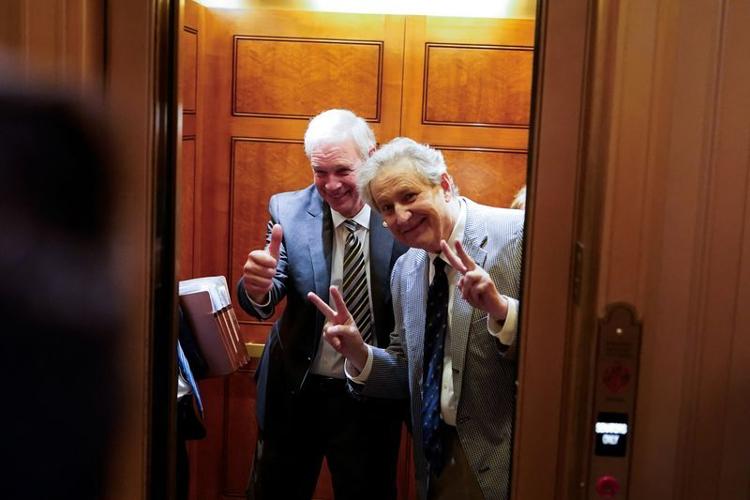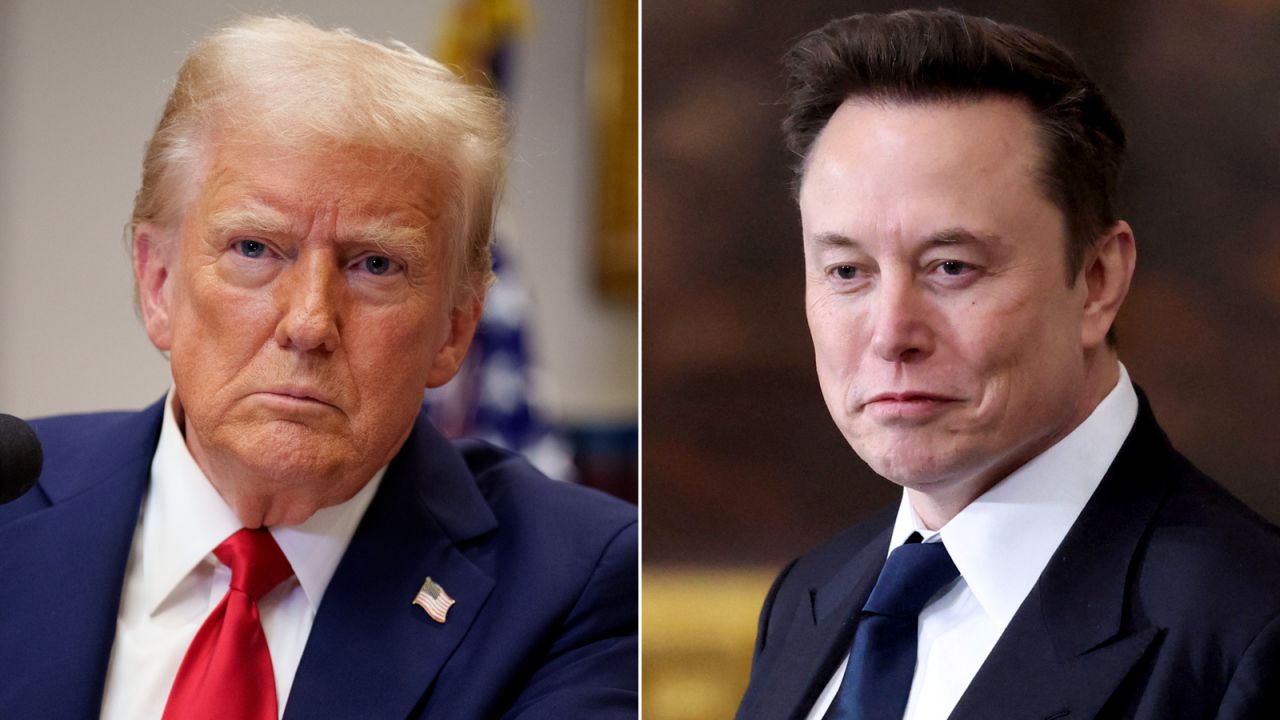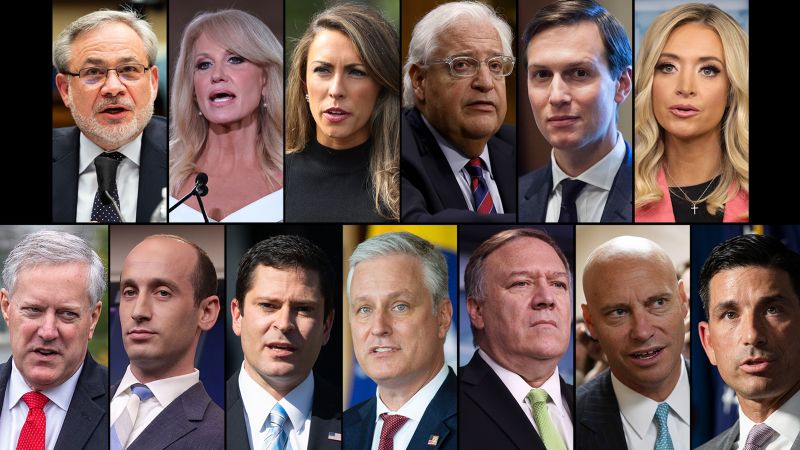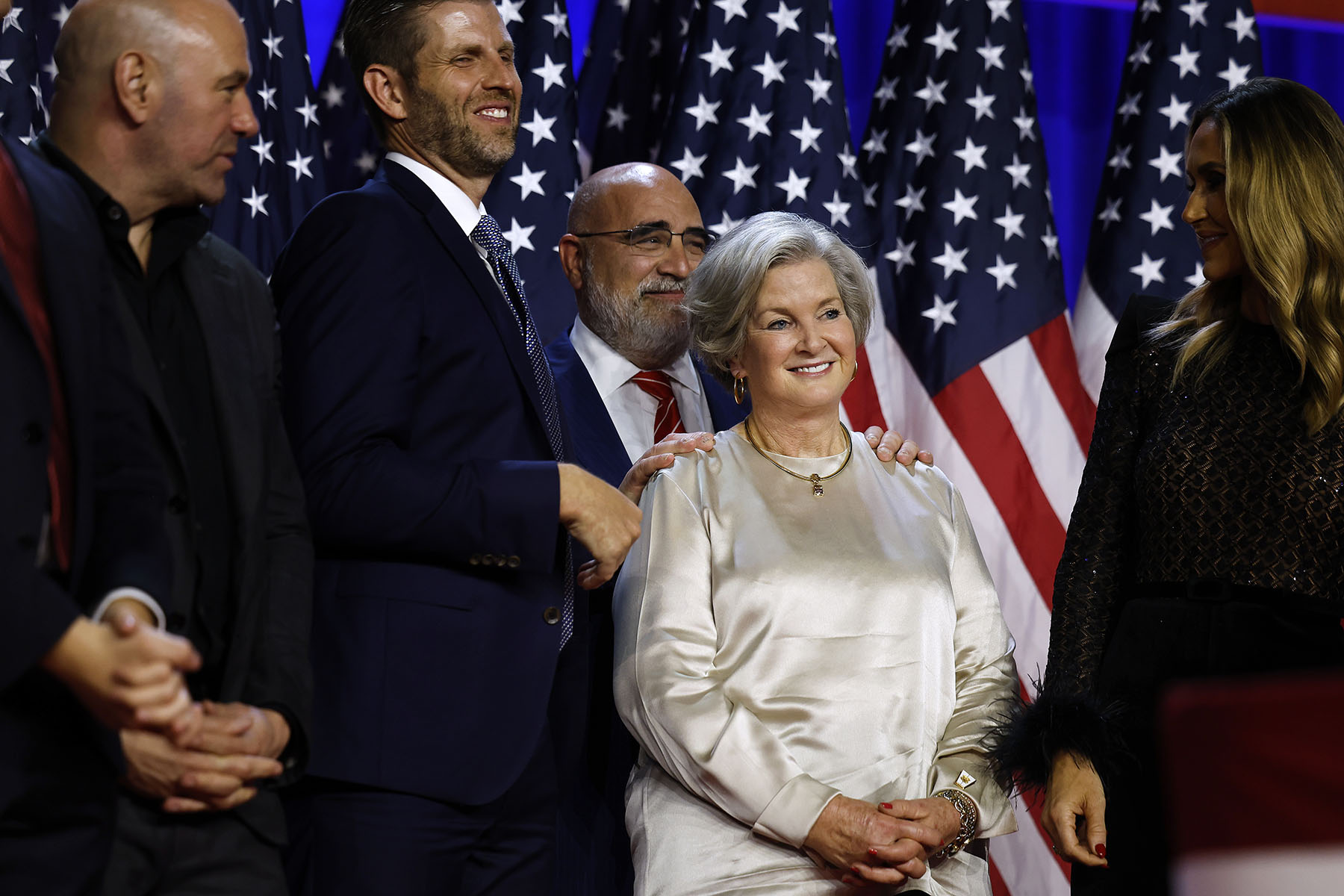Mixed Reactions to Maharashtra Government's Decision on Hindi in Schools
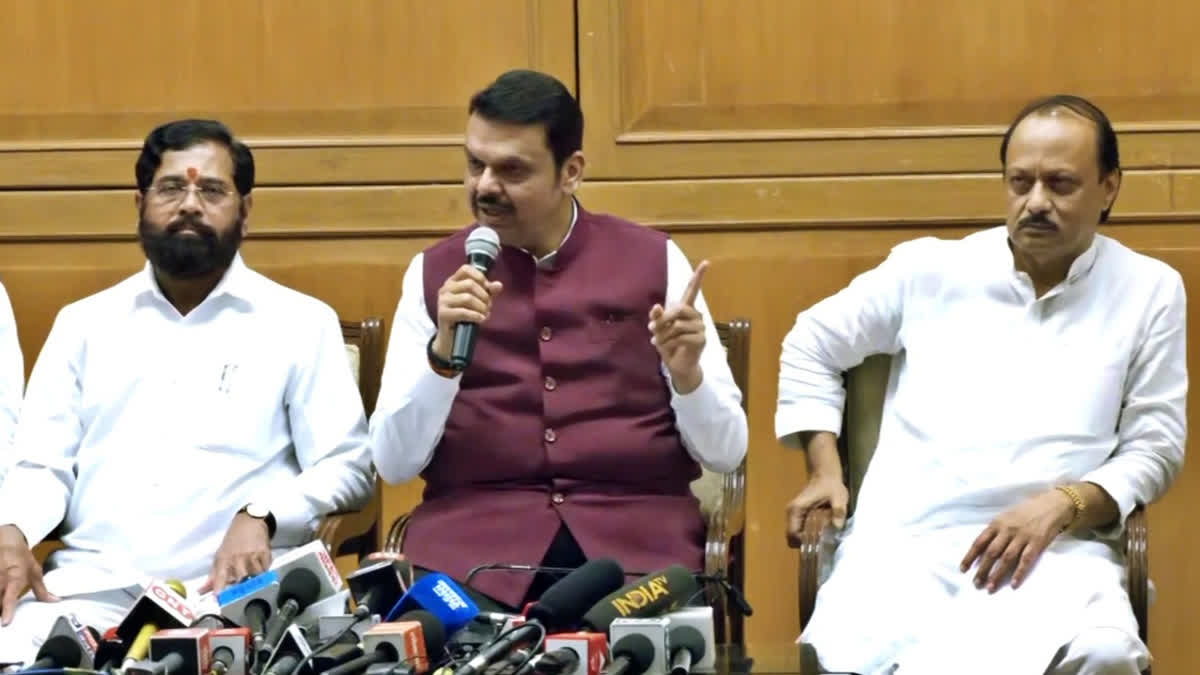
Introduction
In a recent turn of events, the Maharashtra government announced the withdrawal of two government resolutions (GRs) that made Hindi a compulsory third language in schools. This decision was made ahead of the monsoon session of the Maharashtra legislative assembly, which is set to begin soon. This move has caused quite a stir, with some questioning the government's decision while others applaud it.
Background
In a similar case, a 20-year-old Venezuelan man, who was sent to El Salvador, won a legal victory over the Trump administration's immigration policies. The appeals court ruled in his favor, allowing him to return to the United States. This ruling has sparked a debate about the government's treatment of immigrants and their right to return to the country.
Current Scenario
With the new development in Maharashtra, the state government's decision to withdraw the GRs has been met with mixed reactions. Some people believe that making Hindi compulsory in schools would have a negative impact on the state's cultural and linguistic diversity. On the other hand, others argue that learning Hindi would benefit students and open up more opportunities for them in the future.
In a similar case, Columbia University student Mahmoud Khalil's legal team released new footage that contradicts the government's argument that he was a threat to national security. This case highlights the importance of protecting the rights of individuals, regardless of their nationality or background.
Elon Musk, one of the most influential figures in the tech industry, expressed his concerns about President Trump's tax and spending cuts package. He believes that it could have a negative impact on the US budget deficit and potentially harm the country's future economic growth.
Moreover, the Trump administration's decision to accept a luxury 747 from Qatar to use as Air Force One has raised eyebrows. This move has sparked discussions about the potential conflicts of interest and the use of public funds for personal gain.
In a similar fashion, the impersonation of White House Chief of Staff Susie Wiles highlights the importance of cybersecurity and protecting sensitive information. This case serves as a reminder that even high-profile individuals are not immune to such attacks.
On a different note, Elon Musk's phone call with President Trump before expressing regret publicly showcases the importance of open communication between the government and industry leaders. This highlights the need for collaboration and cooperation in finding solutions to complex issues.
The Trump administration's preparation to challenge a 1974 budget law has caused concerns about the balance of power and the government's authority to refuse spending congressionally mandated funds. This move has sparked debates about the role and responsibility of the government in budget management.
Conclusion
The decision of the Maharashtra government to withdraw the GRs making Hindi a compulsory third language in schools has caused a lot of discussions and debates. This move has brought to light the importance of protecting individual rights and preserving cultural diversity. It also highlights the need for effective communication and collaboration between the government and industry leaders in finding solutions to complex issues. As the monsoon session of the Maharashtra legislative assembly begins, it will be interesting to see how this decision will impact the education system and the state's linguistic and cultural landscape.
About the People Mentioned
Elon Musk
Elon Reeve Musk, born on June 28, 1971, in Pretoria, South Africa, is a prominent entrepreneur and business magnate known for founding and leading several transformative technology companies. He holds dual citizenship in Canada and the United States and earned bachelor's degrees in physics and economics from the University of Pennsylvania in 1997. Musk began his entrepreneurial career in the 1990s by co-founding Zip2, a software company, and later X.com, which evolved into PayPal, an online payment system acquired by eBay in 2002. In 2002, Musk founded SpaceX, a pioneering aerospace manufacturer and space transport services company, where he serves as CEO and chief engineer. SpaceX is notable for its advancements in reusable rocket technology and commercial spaceflight. In 2004, he joined Tesla Motors as an early investor and took on the roles of CEO and product architect in 2008, driving the company to the forefront of electric vehicle manufacturing. Musk also co-founded Neuralink in 2016, focusing on neurotechnology, and founded The Boring Company in 2017, which develops tunneling and infrastructure projects. In 2015, Musk co-founded OpenAI to promote artificial intelligence research but later left due to differences in vision, subsequently founding xAI. In 2022, he acquired the social media platform Twitter, rebranding it as X in 2023, and has been involved in various business and political activities, including a brief advisory role in the Trump administration's Department of Government Efficiency in early 2025. Musk is recognized as one of the wealthiest individuals globally, with an estimated net worth of $500 billion as of October 2025. His career is marked by significant influence across sectors including space exploration, electric vehicles, AI, social media, and infrastructure development, with ongoing legal and regulatory scrutiny related to his business practices and investments. He is also known for his complex personal life, including fathering 14 children[1][2][3].
Mahmoud Khalil
Mahmoud Khalil is a Palestinian-Syrian activist and former graduate student at Columbia University, born in 1995 in a refugee camp in Damascus, Syria. He holds Palestinian refugee roots from Tiberias and grew up in Syria before pursuing higher education. Khalil earned a bachelor's degree in computer science from the Lebanese American University and completed a master's degree in International Affairs at Columbia University's School of International and Public Affairs in 2024[1][3]. Before his activism prominence, Khalil worked in international development and social services, including managing the Syria Chevening Program at the British Embassy in Beirut, which is a UK government international scholarship scheme. He has been described by colleagues as thoughtful, intelligent, and conscientious[1][4]. He also worked with Syrian refugees and non-profit organizations focused on education[4]. Khalil became widely known for his leadership in the pro-Palestinian student movement at Columbia University, particularly during the 2024 campus occupations advocating for Palestinian rights and against alleged university complicity in Israeli policies. He served as a lead negotiator between student protesters and university administrators, helping mediate tensions without directly participating in building occupations[1][2]. His activism drew national attention and controversy, especially within debates on academic freedom and immigration policies in the United States. In March 2025, Khalil was detained by U.S. Immigration and Customs Enforcement (ICE) in Louisiana, despite holding a U.S. green card that grants him permanent residency. His detention sparked widespread discussion about immigration enforcement and the rights of activists, with his case potentially reaching the U.S. Supreme Court[1]. On a personal note, Khalil married Noor Abdalla, an American dentist, in 2023, and they are expecting their first child in April 2025[1][4]. He has been featured in the 2025 documentary "The Encampments," which chronicles the pro-Palestinian student protests[1][3]. His net worth is estimated under $100,000, primarily from scholarships and part-time consulting[1].
Susie Wiles
Susie Wiles is an American political consultant and Republican strategist, currently serving as the White House Chief of Staff in President Donald Trump’s second administration since January 20, 2025. She is the first woman to hold this influential position in the White House. Born on May 14, 1957, in New Jersey, Wiles earned a Bachelor of Arts degree in English from the University of Maryland. She began her political career working for Congressman Jack Kemp and later participated in Ronald Reagan’s 1980 presidential campaign, serving as a scheduler in his administration. Wiles has a long history of involvement in Republican campaigns at local, state, and national levels. She played key roles in Donald Trump’s presidential campaigns in 2016, 2020, and 2024, including managing his Florida campaign in 2016 and co-managing the 2024 campaign. She is credited with rescuing Ron DeSantis’s 2018 gubernatorial campaign in Florida, though their relationship later deteriorated amid allegations of leaks and influence peddling, which Wiles denied. In addition to campaign work, Wiles has significant experience as a lobbyist. From 2011 to 2022, she worked at Ballard Partners, representing clients from industries including tobacco and mining, and then at Mercury Public Affairs until 2024. After the 2020 election, she served as CEO of Save America Leadership PAC, linked to Trump. President Trump appointed her as White House Chief of Staff shortly after his 2024 election victory, recognizing her as a trusted longtime advisor. Known for her strategic acumen and calm demeanor, Wiles has been referred to by Trump as the “Ice Maiden.” Her career spans over four decades of Republican political operations and government service, reflecting deep experience in campaign management, lobbying, and political consulting[1][2][4].
About the Organizations Mentioned
Columbia University
Columbia University, established in 1754 as King’s College, is a private Ivy League research university located in the heart of Upper Manhattan, New York City—making it one of the oldest and most prestigious institutions of higher education in the United States[4]. Renamed Columbia College after the American Revolution, the university moved to its present Morningside Heights campus in 1896 and has since grown into a global academic powerhouse[4]. Columbia’s mission centers on advancing knowledge through research, teaching, and public engagement. The university’s academic structure includes three undergraduate schools (Columbia College, the Fu Foundation School of Engineering and Applied Science, and the School of General Studies) and sixteen graduate and professional schools, spanning fields from journalism and law to business and medicine[3][4]. Columbia is especially renowned for its rigorous Core Curriculum, which emphasizes interdisciplinary liberal arts education, critical thinking, and engagement with classic texts[2]. The university’s location in New York City serves as an extended classroom, offering students unparalleled access to internships, research opportunities, and cultural experiences[2]. Key achievements include the establishment of the Pulitzer Prize, which Columbia administers annually, and its role as a founding member of the Association of American Universities[4]. The university boasts a distinguished alumni network, including U.S. presidents, Nobel laureates, Supreme Court justices, and leaders in business, technology, and the arts[3]. Columbia’s research initiatives are equally impressive, with major facilities such as the Lamont–Doherty Earth Observatory and partnerships with tech giants like Amazon and IBM[4]. Currently, Columbia is ranked among the top 25 universities globally, with a 3.9% acceptance rate and a 95% placement rate for graduates, many of whom secure positions at leading firms such as Google, Amazon, and Goldman Sachs[1]. The student body is highly diverse, with representation from over 100 countries and a strong commitment to inclusion[1][6].
Trump Administration
The **Trump Administration** refers to the executive branch of the United States government under President Donald J. Trump, covering two non-consecutive periods: his first term from 2017 to 2021 and his second term beginning in 2025. As an organization, it is responsible for executing federal laws, shaping public policy, and managing national affairs during its tenure. During the **first Trump Administration (2017–2021)**, the administration pursued a wide-ranging agenda focused on immigration reform, economic nationalism, deregulation, judiciary appointments, and foreign policy shifts. Key actions included building and expanding the U.S.-Mexico border wall—completing 458 miles by January 2021—and implementing strict immigration policies such as travel bans from several predominantly Muslim countries and rescinding the DAPA amnesty program[2]. The administration withdrew the U.S. from the Trans-Pacific Partnership trade deal, renegotiated NAFTA into the USMCA, and signed the "Buy American and Hire American" executive order to prioritize American workers[1][3][5]. Judicially, Trump appointed three Supreme Court justices—Neil Gorsuch, Brett Kavanaugh, and Amy Coney Barrett—significantly influencing the federal judiciary with over 200 judicial appointments[5]. The administration also focused on military expansion, combating ISIS, addressing the opioid crisis, and responding to the COVID-19 pandemic with vaccine development support[5]. Foreign policy was marked by controversial decisions including troop withdrawals from northern Syria, reinforced support for Saudi Arabia, and tensions with Iran and North Korea[4]. The administration faced two impeachments: first in 2019 over Ukraine dealings and again in 2021 following the January Capitol riot; Trump was acquitted by the Senate both times[4][5]. After losing the 2020 election, Trump returned for a **second term starting in 2025**, continuing his policy priorities with new regulatory changes and political appointments[6][8]. The Trump Administration
Qatar
Qatar is not an organization but a country located in the Middle East, known for its significant contributions to global business, technology, and social development. Here is a comprehensive summary of Qatar's key aspects: ## Overview Qatar, officially the State of Qatar, is a constitutional emirate with a hereditary monarchy. It is ruled by the Āl Thānī family, with the current emir being Sheikh Tamim bin Hamad Al Thani. The country's government structure includes a Council of Ministers and an advisory Shura Council, although the latter's electoral component was abolished in 2024[4]. ## History Qatar's history is marked by its transformation from a small tribal state to a major economic power. After World War II, oil revenues significantly increased, leading to rapid modernization and political stability within the ruling family[4]. In 2003, a new constitution was approved, which initially provided for the election of the Shura Council, but these elections were repeatedly delayed until 2021 and later abolished[4]. ## Key Achievements - **Economic Diversification**: Qatar has successfully diversified its economy beyond oil and gas, with non-oil sectors contributing over 60% of GDP in 2024[8]. Tourism, logistics, and financial services are key drivers of this diversification. - **Global Events**: Qatar hosted the FIFA 2022 World Cup, which was a significant achievement in terms of infrastructure development and international visibility[8]. - **Investment and Development**: The government has allocated substantial funds for major projects, including education and healthcare, with a budget of $5.3 billion for education and $6 billion for health in 2025[2]. ## Current Status Qatar continues to invest in strategic sectors like education, healthcare, and environmental sustainability. The country is hosting the Second World Summit for Social Development in 2025, focusing on inclusive social development[6]. Its GDP per capita is among the highest
